The American political landscape once again finds itself at the center of an intense national debate—this time following accusations from President Donald Trump, who accused former President Barack Obama of “treason.” The repercussions of these comments are reverberating not just in Washington, D.C., but across global capitals, from New York and Los Angeles to London and Berlin. As political tensions and media scrutiny intensify, Obama’s response has become a defining moment in the ongoing saga between two of the most prominent figures in modern U.S. political history.
Setting the Scene: The Claims that Shook D.C.
In a turn of events that sent shockwaves through political circles and cable newsrooms, President Trump alleged that Barack Obama had orchestrated a conspiracy to undermine the 2016 presidential election results. Trump’s public statements in the Oval Office, which included references to Obama as the “leader of the gang,” represented one of the most direct and severe attacks a sitting president has made on a predecessor.
These comments were compounded by the release of a report by Director of National Intelligence Tulsi Gabbard, which Trump cited as evidence, although no criminal charges or substantiated evidence were produced. The allegations, if taken at face value, involved claims of fabricating intelligence and rigging a national election—charges at the very heart of American democracy.
The Historical Weight of ‘Treason’ Allegations
Treason is one of the gravest accusations that can be leveled against any person under U.S. law. By constitutional definition, it requires “levying war against” the United States or “adhering to their enemies, giving them aid and comfort.” Such a charge carries with it the stigma of betrayal not just of the president but of the nation itself.
Historically, treason cases in the U.S. are exceptionally rare. Not since the Justice Department’s prosecution of spies during the Cold War have allegations of this caliber reached the highest corridors of power. Trump’s choice of language underscored the severity of the accusation and its intended impact on the public discourse.
Obama’s Response: Calling Out the ‘Outrageous’
In an unusually direct and strongly worded statement, Barack Obama’s spokesperson addressed the escalating rhetoric. Breaking with the tradition of largely staying above partisan frays after leaving office, Obama’s office asserted that the allegations were so “outrageous” they demanded a rebuttal.
The statement emphasized respect for the office of the presidency, noting that Obama’s team would “not normally dignify the constant nonsense and misinformation” emerging from the White House. But, given the enormity of the charge, silence was no longer considered a viable option.
Obama’s spokesperson called the claims “bizarre,” “ridiculous,” and a “weak attempt at distraction.” The response noted that no credible findings have shown that the Obama administration orchestrated interference or fabricated intelligence about Russian involvement in the 2016 elections.
The Russian Election Interference Debate
Central to the treason allegation is the longstanding controversy over Russia’s attempts to influence the 2016 U.S. presidential election. Multiple investigations, including those by the Senate Intelligence Committee, intelligence agencies, and independent observers, have concluded that Russia sought to sway public opinion and undermine Democratic candidate Hillary Clinton.
However, these investigations also determined that there is no evidence that Russian activities altered vote tallies or changed the outcome in key swing states like Michigan or Pennsylvania. Moscow’s efforts largely relied on disinformation campaigns, such as the infamous St. Petersburg “troll factory,” rather than direct hacking of electoral infrastructure.
In cities like Atlanta, Georgia and Phoenix, Arizona, local election officials have repeatedly testified that their voting systems were not breached and all votes were counted as cast. This finding has been echoed in testimony before Congress and in detailed cybersecurity reports.
Contextualizing the Intelligence Community’s Findings
The intelligence community’s assessment, released in January 2017, found that Russian President Vladimir Putin ordered an influence campaign aimed at the U.S. election to undermine public faith in the democratic process, denigrate Clinton, and support Trump’s candidacy. Reports indicated that Russian agents used cyber-espionage tools, phishing campaigns, and coordinated social media efforts to reach American voters.
Despite these findings, both Democratic and Republican senators have echoed that no evidence exists showing the actual manipulation of ballots in any American city. The bipartisan Senate Intelligence Committee, chaired by a Republican senator, reached the same conclusion.
Trump’s Pattern of Confrontation and Grievance
For many observers in Chicago, Philadelphia, and Miami, Trump’s recent accusations seem to fit within a broader pattern of public confrontations with his political opponents. Since entering public office, Trump has frequently characterized investigations into his campaign as “witch hunts,” wielding social media platforms to amplify his grievances.
This episode reflects the enduring mistrust and antagonism between Trump and Obama, dating back to the “birther” conspiracy era, which began in 2011 and questioned Obama’s very legitimacy to serve as president. The current dispute continues the long-running battle for the narrative surrounding Trump’s 2016 victory and the legitimacy of opposition voices.
Reactions from the Political Establishment
Across party lines, leaders in both New York and San Francisco have weighed in on the controversy. Democratic lawmakers have denounced Trump’s comments as unfounded and dangerous, warning that the weaponization of such severe allegations sets a dangerous precedent.
Republican colleagues, meanwhile, have been divided. Some support Trump’s efforts to “drain the swamp” and hold prior officials accountable, while others warn that repeated unsubstantiated charges risk eroding public trust in critical institutions. In a statement, a senator from Texas remarked that political disagreements should never escalate into claims tantamount to criminal betrayal unless supported by clear evidence.
The Role of Media and Social Media
The news cycle in Los Angeles and Washington, D.C., has been dominated by the story, with major outlets dissecting every aspect of the public exchange. The impact of viral deepfake videos and manipulated content, including an AI-generated video showing Obama’s hypothetical arrest, has further complicated the discussion.
Social media’s role in spreading both information and misinformation has never been more pronounced. Hashtags such as #TreasonGate and #ObamaResponds have trended worldwide on platforms like X and Instagram, while cable pundits and late-night hosts have weighed in with national audiences.
Public Opinion: A Deepening Divide
National polling conducted in key markets like Houston, Dallas, and Sacramento finds the American public bitterly divided. Supporters of Trump see his actions as holding the “deep state” accountable, whereas Obama supporters view the accusations as politically motivated and demonstrably false.
A recent poll found that while a majority of Americans recognize Russia’s attempts to influence the 2016 election, only a minority believe these efforts changed the outcome. Additionally, the overwhelming majority believe that charges of treason should be reserved for clear and convincing evidence of betrayal, not mere political rivalry.
Legal and Constitutional Implications
Legal scholars in Boston and Washington have pointed out that presidential accusations of treason against ex-presidents mark uncharted territory in American history. No former president has ever been formally charged or convicted of treason.
The Supreme Court’s latest ruling reinforces that official acts conducted by a president are largely shielded from prosecution—a safeguard intended to ensure the proper functioning of the executive branch. Legal experts suggest that while political accountability is essential, criminal standards remain high for good reason.
The Consequences for American Democracy
The back-and-forth between two former presidents, amplified by partisan media and online echo chambers, highlights a broader crisis facing American democracy. The erosion of trust in institutions—from intelligence agencies in Langley, Virginia, to polling stations in Madison, Wisconsin—raises concerns about the future stability of the country’s electoral processes.
Faith in democratic norms depends on both transparency and a shared commitment to fact-based governance. When foundational issues such as treason become fodder for partisan attacks, it threatens to further polarize an already divided electorate.
Lessons from International Reactions
Political commentators in major cities outside the U.S., such as London and Paris, have watched the spectacle with fascination and concern. World leaders are wary of the precedent this sets for democratic nations, where heated political disputes can escalate into public accusations of betrayal with potentially destabilizing effects.
International observers point out that the healthy functioning of democracy depends on clear boundaries between robust debate and reckless accusation. Lessons drawn from the U.S. example are being studied in European capitals, where political polarization is similarly on the rise.
Reflections and Moving Forward
It is clear that the latest controversy between Trump and Obama is more than a personal dispute—it encapsulates the stresses and fractures shaping modern America. In neighborhoods from Seattle to Orlando, everyday citizens are left to grapple with news headlines that seem increasingly divorced from the stability and norms many had come to expect.
Yet, there is also a resilient undercurrent: voter turnout rates remain high. In the 2020 election, over 158 million American ballots were cast—a historic record. Civic groups in Detroit and Raleigh are working to rebuild trust through voter education campaigns, public forums, and youth outreach.
Conclusion
The episode serves as a stark reminder of the stakes involved when leaders use the full weight of their platform to cast aspersions on their predecessors. The words and actions of former presidents matter—not just for today, but for the generations that will follow.
As the dust settles over Washington and beyond, one thing is certain: the boundaries between fact, opinion, and political theater have never been more consequential. America’s cities and citizens now face the challenge of forging a path forward—one that honors truth, protects democratic values, and holds even the most powerful accountable to reason, evidence, and the rule of law.

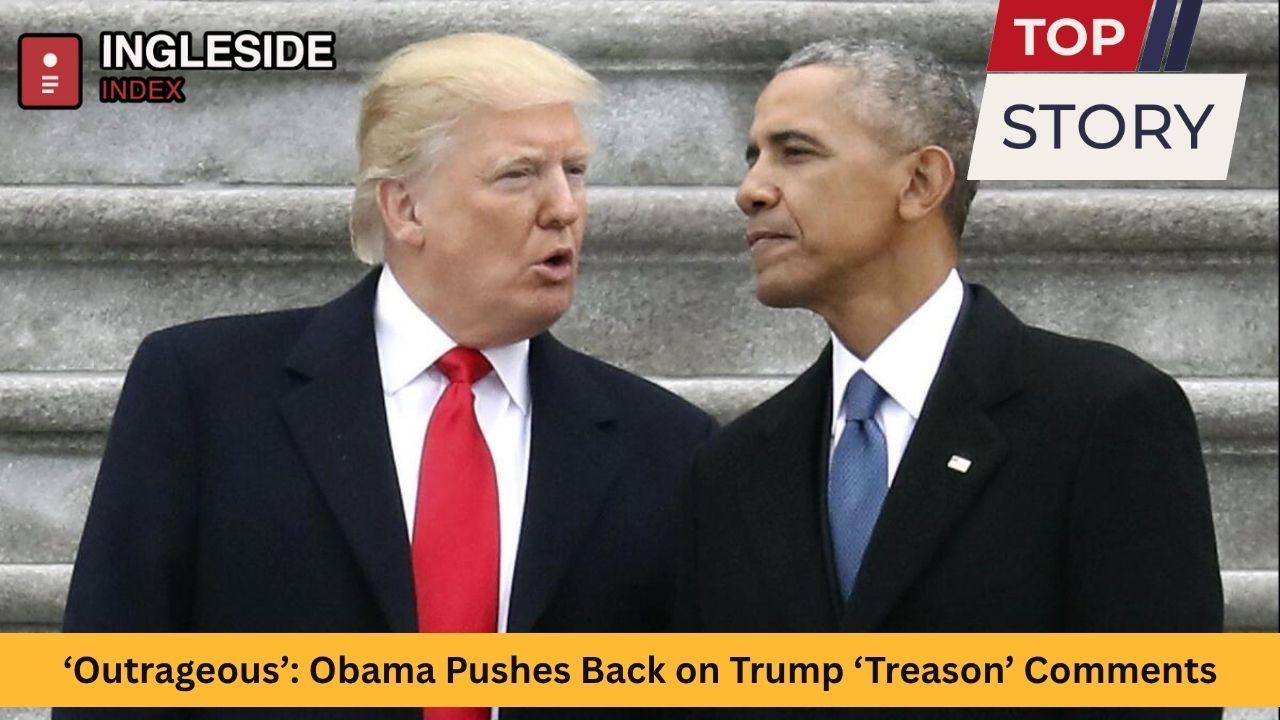
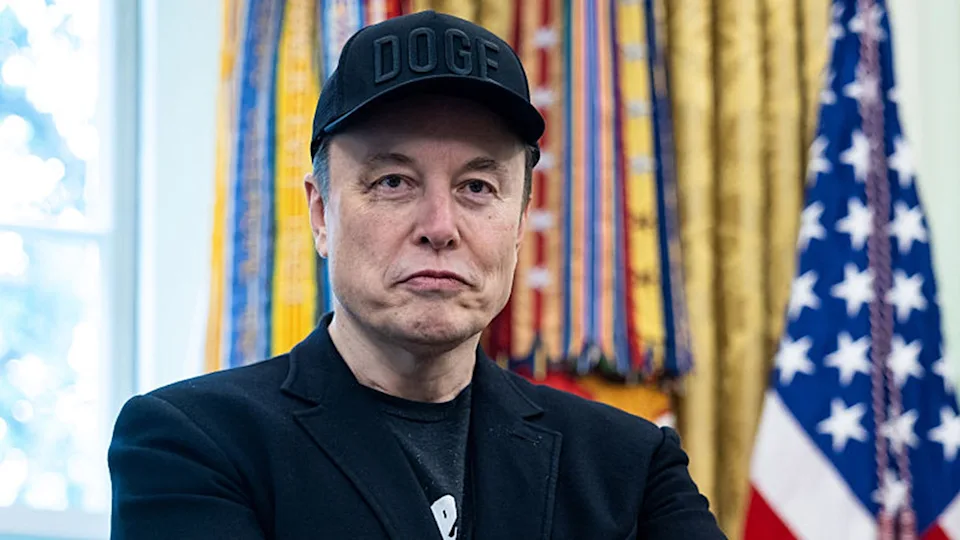
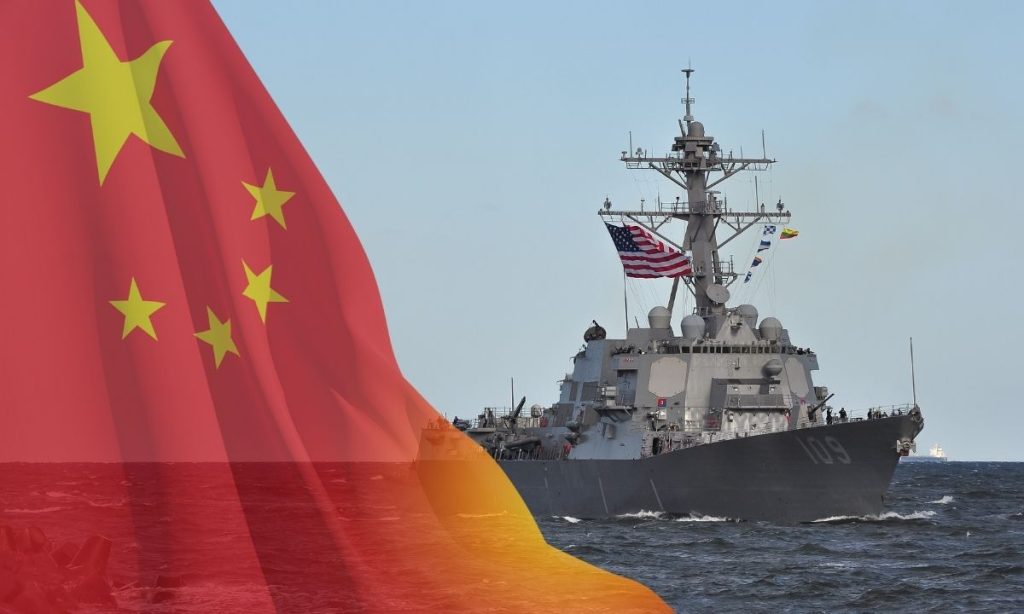
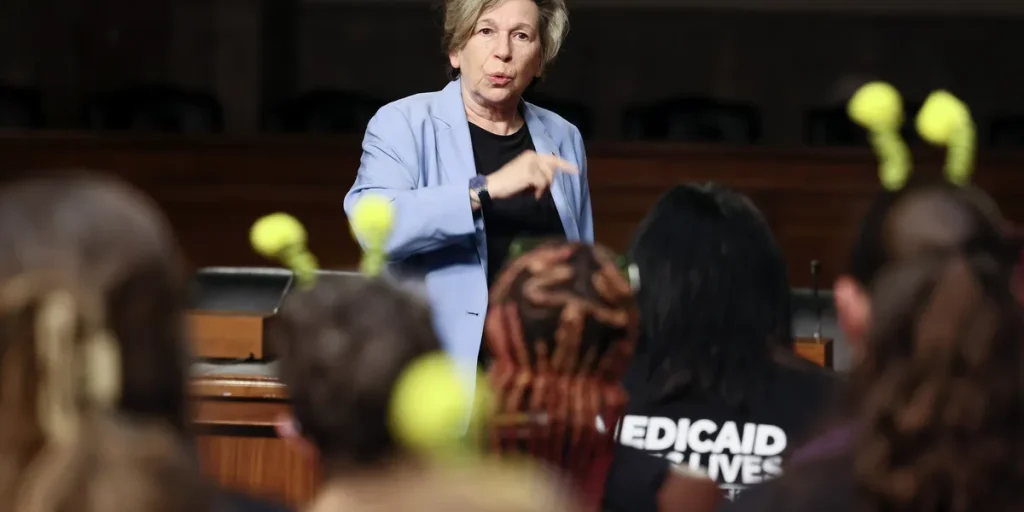
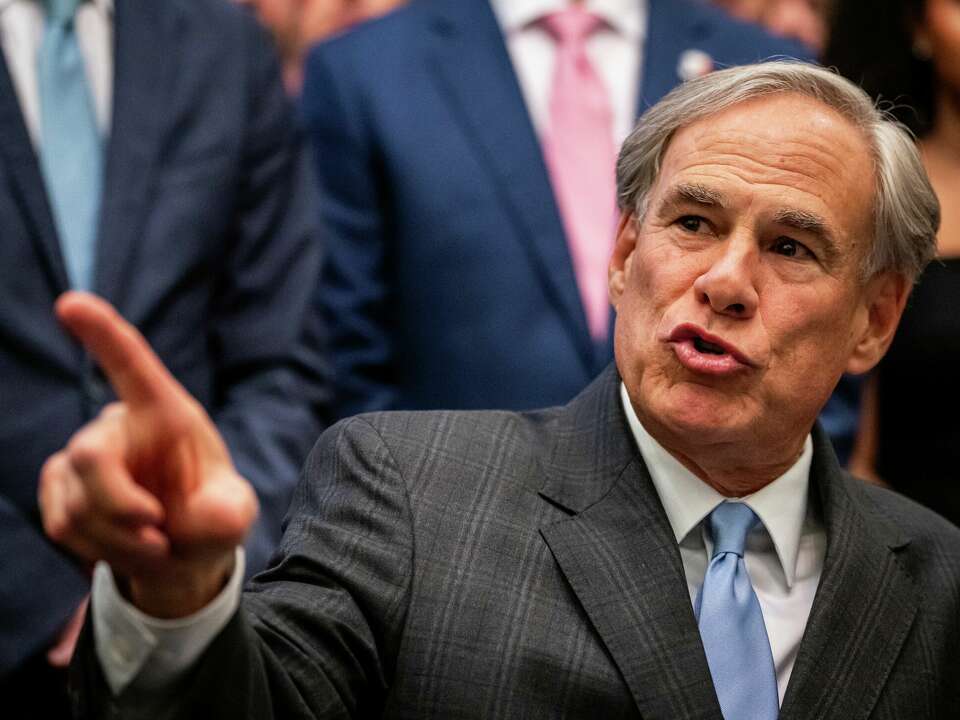

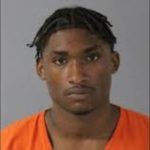

Leave a Comment